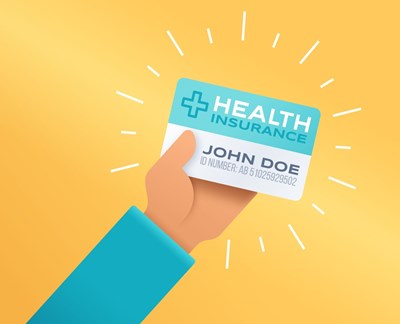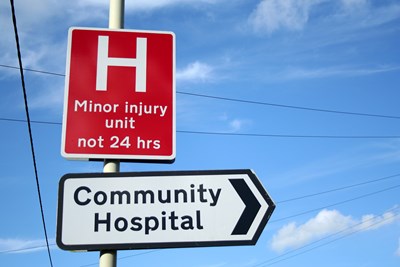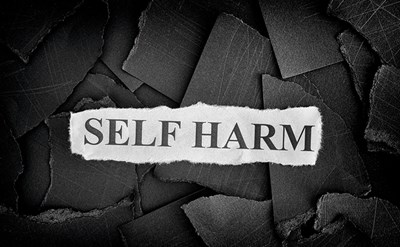Poll Cites Workplace Stigma, Fear of Professional Consequences as Top Barriers
WASHINGTON, D.C.—A new poll from the American College of Emergency Physicians (ACEP) and Morning Consult finds that despite the growing toll that serving on the frontlines of COVID-19 is having on emergency physicians, many are hesitant to seek mental health treatment. The results of the poll—conducted among a national sample of emergency physicians—offers the first authoritative look at the causes of stress and burnout among emergency physicians since the start of the pandemic and reveals legitimate barriers to managing their mental health concerns.
“This new data adds real urgency to the need for emergency physicians, policymakers and clinical leaders to work together to change our approach to mental health. Every health care professional, especially those on the frontlines of the pandemic, should be able to address their mental health without fear of judgement or consequences,” said Mark Rosenberg, DO, MBA, FACEP, president of ACEP.
Already struggling with higher rates of career burnout and post-traumatic stress disorder than other medical specialties, circumstances for emergency physicians have become more dire as the fight against COVID-19 continues. The poll finds that almost nine in 10 (87 percent) emergency physicians say they are more stressed since the start of COVID-19. Additionally, 72 percent report experiencing more professional burnout.
As for the causes of their stress or burnout, four in five emergency physicians cite concerns about family, friends and personal health, while three in five cite job or financial security concerns and lack of personal protective equipment.
Despite the availability of services, nearly half (45 percent) of emergency physicians are not comfortable seeking mental health treatment. The poll shows that stigma in the workplace (73 percent) and fear of professional reprisal (57 percent) are the primary barriers preventing emergency physicians from getting the mental health care they need. As a result, more than a quarter (27 percent) of emergency physicians have avoided seeking mental health treatment out of concern for their job.
“Physicians seeking mental health treatment in our current system are rightfully concerned about possibly losing their medical licenses or facing other professional setbacks,” said Dr. Rosenberg. “The pandemic emphatically underscores our need to change the status quo when it comes to physicians’ mental health.”
The joint poll from ACEP and Morning Consult was conducted between October 7-October 13, 2020 among a national sample of 862 emergency physicians. Results from the full survey have a margin of error of plus or minus 3 percentage points. The full analysis of the poll data, including an infographic, are available at www.emergencyphysicians.org/mentalhealthpoll.
 American College of Emergency Physicians
American College of Emergency Physicians







